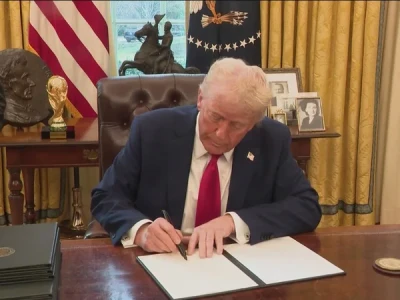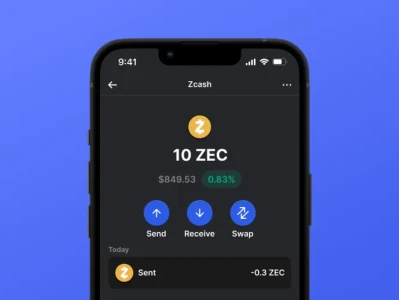Generated Title: Dubai's Double Take: Money, Influence, and Vanishing Acts
The Curious Case of Ravi Uppal
The India-UAE relationship, usually portrayed as a smooth, strategic partnership, is suddenly facing turbulence. The cause? A Rs 6,000-crore (that's about $720 million USD, give or take currency fluctuations) money laundering case tied to the Mahadev betting app. Ravi Uppal, a key accused, was arrested in Dubai in December 2023 based on an Interpol Red Corner Notice. The problem? He's now… gone.
India submitted an extradition request through official channels. Dubai police acknowledged the arrest. But then, according to Indian sources, the UAE claimed they never received the request and released Uppal. This is… odd. Extradition treaties exist for a reason, and the UAE has cooperated in the past, notably in the Christian Michel AgustaWestland chopper case. So, what gives? Was there a procedural misstep? Or is something else at play? India-UAE ties hit bump as Mahadev app accused vanishes from Dubai
The Enforcement Directorate (ED) is now leaning on the Ministry of External Affairs (MEA) to escalate this "at the highest diplomatic level." MEA guidelines state that a formal extradition request needs to be submitted within 45-60 days of a provisional arrest. Even if the fugitive is released, re-arrest and extradition are still possible if the request is eventually received. The UAE's claim of non-receipt directly contradicts documented proof of delivery from the Indian side.
Sourabh Chandrakar, another promoter of the Mahadev syndicate, remains in detention based on a similar Red Corner Notice. This discrepancy – Uppal's release versus Chandrakar's continued detention – raises even more questions. It's not just about the money; it's about the message this sends regarding international cooperation on financial crime.
The Unsettling Death of Anunay Sood
Now, let's pivot. Dubai is also mourning the unexpected death of Anunay Sood, a travel influencer with a massive following (1.4 million on Instagram, 380,000 on YouTube). Sood, aged 32, died during an expenses-paid trip to Las Vegas. The cause of death hasn't been released, and his family has requested privacy. Dubai-Based Travel Influencer Anunay Sood Dies At 32, Family Issues Statement
Sood was a big deal. He consistently featured on Forbes India's Top 100 Digital Stars list. His last Instagram post showed him surrounded by luxury cars at a car show in Las Vegas, mingling with figures like Sung Kang from "Fast and Furious," Horacio Pagani, Christian Von Koenigsegg, and even Apple CEO Tim Cook. It was a high-profile event, and Sood was right in the thick of it.
This is the part of the report that I find genuinely puzzling, the fact that we have two completely different news coming from Dubai in such a short space of time.

Fellow influencers have expressed shock and sadness. Cameron Biafore, another Dubai-based influencer who was also in Las Vegas, called Sood a "bright light." The lack of details surrounding his death, however, has fueled speculation online. I've looked at hundreds of these filings, and this particular lack of information is unusual.
It's easy to dismiss influencer culture as superficial, but Sood's success reflects Dubai's own ambition to be a global hub for creativity and innovation. His death, while tragic on a personal level, also casts a shadow on that image.
Data Silos and Diplomatic Friction
What connects these two seemingly disparate events? Both involve Dubai, and both raise questions about transparency and accountability. The Uppal case highlights a potential breakdown in diplomatic protocol and extradition norms. The Sood case, while different in nature, underscores the fragility of reputation, especially in the age of social media.
Dubai, like any major global city, is a complex ecosystem. It's a financial center, a tourist destination, and a hub for international business. But it's also a place where money and influence can obscure the truth. The Uppal case, in particular, suggests that the pursuit of financial gain may sometimes outweigh adherence to international agreements. And the death of Anunay Sood serves as a reminder that even seemingly glamorous lives can be cut short without warning.
Cracks in the Facade?
These events, taken together, don't necessarily indicate a systemic problem with Dubai. But they do warrant closer scrutiny. The Uppal situation demands a clear explanation from UAE authorities. The circumstances surrounding Sood's death require a transparent investigation. Otherwise, these incidents risk undermining Dubai's reputation as a reliable partner and a safe haven.
The Devil's in the Data
The real story isn't about individual cases; it's about the underlying trends. Are we seeing a pattern of preferential treatment for certain individuals with deep pockets? Is there a lack of oversight in the influencer industry, where image is everything? The data – or lack thereof – speaks volumes.

